Annual inflation rate in Romania will witness a modest decline in the following three quarters, on a fluctuating path significantly higher than that in the previous projection, according to the National Bank of Romania (BNR).
At a meeting on Wednesday, the BNR Board examined and approved the November 2025 Inflation Report, which incorporates the latest available data and information.
According to the bank's expectations, the annual inflation rate will witness a modest decline in the following three quarters, on a fluctuating path significantly higher than that in the previous projection, amid the above-expectations transitory direct effects exerted by the expiry of the electricity price capping scheme on July 1 and by the increases in VAT rates and excise duties starting August 1 . However, the indicator will see a steep downward correction in 2026 Q3, with the fading of the direct effects of the two supply-side shocks, and thereafter it will resume its decrease - yet at a slower-than-previously-envisaged pace and from a relatively higher level -, re-entering in 2027 Q1 and falling slightly into the variation band of the target until the end of the projection horizon, amid stronger disinflationary pressures from the aggregate demand deficit. The latter is anticipated to widen somewhat more markedly than in the previous projection, given the packages of corrective fiscal and budgetary measures implemented as from August 2025.
Uncertainties are, nevertheless, further associated with the measures likely to be adopted in the future in order to continue budget consolidation in line with the National Medium-Term Fiscal-Structural Plan agreed with the European Commission and with the excessive deficit procedure.
High uncertainties and risks to the outlook for economic activity, implicitly the medium-term inflation developments, continue to arise from the external environment, given the global trade tensions, as well as the war in Ukraine, on one hand, and the plans to increase defence and infrastructure investment spending in EU countries, on the other.
At this juncture, the full absorption and use of EU funds, especially those under the Next Generation EU programme, are essential for partly counterbalancing the contractionary effects of budget consolidation and of geopolitical/trade conflicts, as well as for carrying out the necessary structural reforms, energy transition included.
The ECB's and the Fed's monetary policy decisions, as well as the stance of central banks in the region, are also relevant.
Based on the currently available data and assessments, as well as in light of the elevated uncertainty, the BNR Board decided at its meeting today, November 12, 2025, to keep the monetary policy rate at 6.50% per annum. Moreover, it decided to leave unchanged the lending (Lombard) facility rate at 7.50% per annum and the deposit facility rate at 5.50% per annum. Furthermore, the BNR Board decided to maintain the existing levels of minimum reserve requirement ratios on both leu- and foreign currency-denominated liabilities of credit institutions.

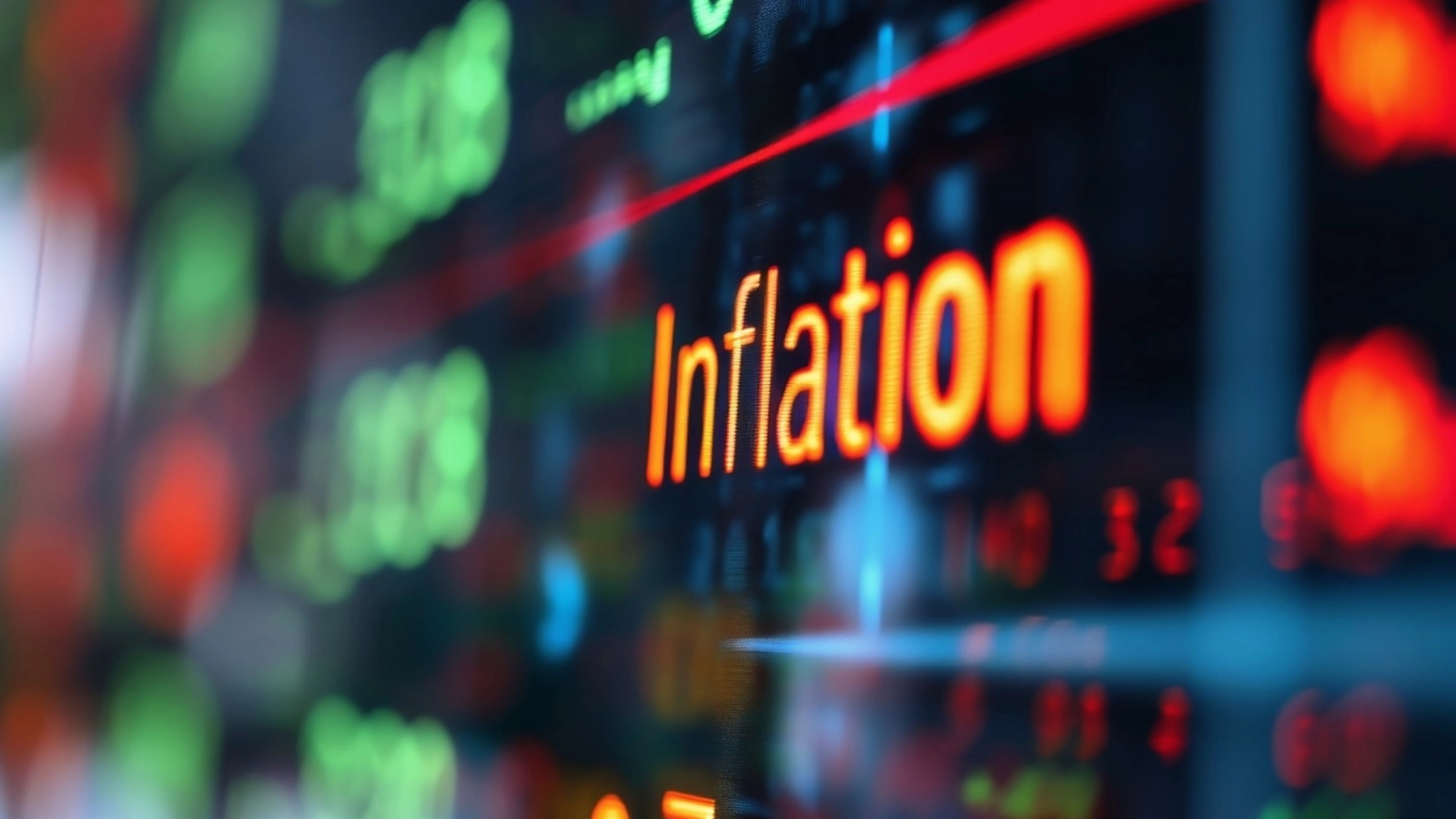



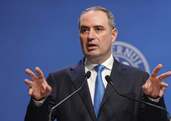


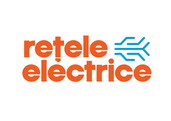


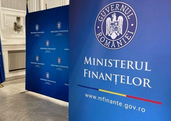









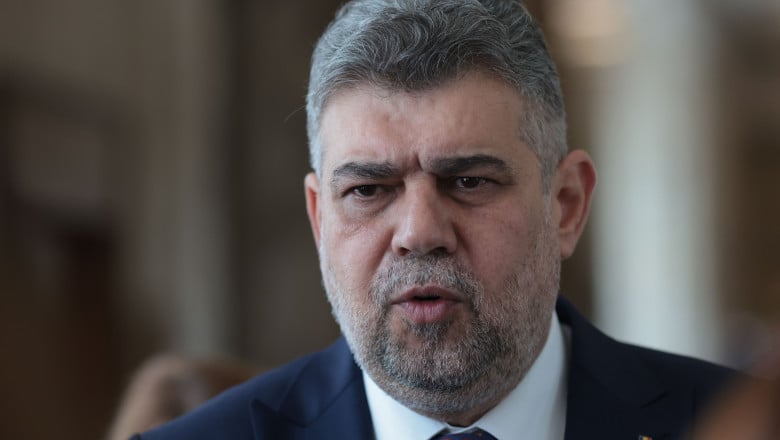










Comentează